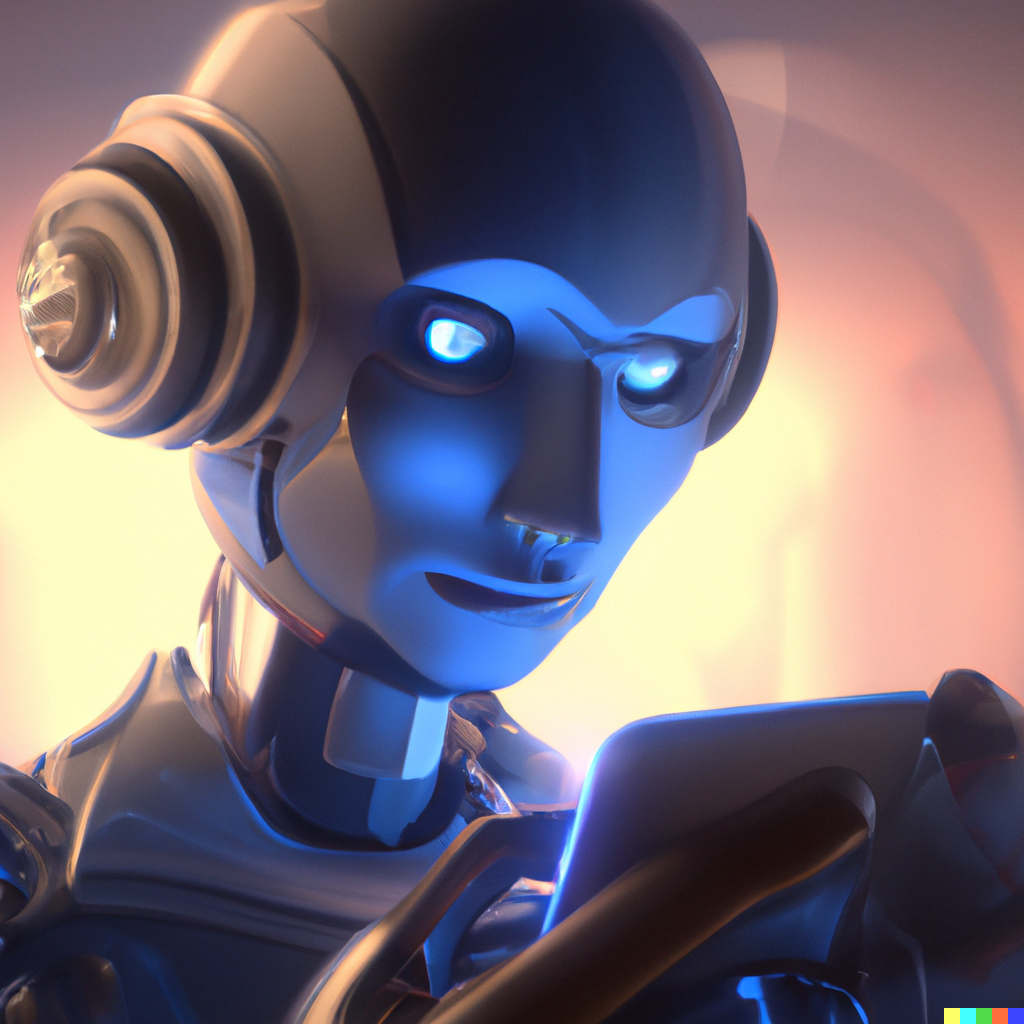I’m excited to share my latest research project with you! I’ve been working on a fascinating case study to explore how GPT-4, an AI language model, can serve as a co-collaborator in scientific research. I got some great results when I used GPT-4 to analyze Einstein’s Special Theory of Relativity!
GPT-4 is this incredible AI model that can understand and generate human-like text. Think of it like a super-smart chatbot that you can have a conversation with, and it can help you solve complex problems. I wanted to see if it could help me dig deep into the world of physics and analyze some equations from Einstein’s work.
Now, you might be wondering, “Why would you use an AI to do that?” Well, the truth is that there aren’t always enough human experts available – time or interest – to work on these kinds of complex problems. Plus, it’s fun to explore new ways to collaborate with AI!
To test GPT-4’s potential, I carefully crafted a series of questions to guide its analysis of Einstein’s equations. At first, GPT-4 was a bit biased and tried to preserve the theory, but with some tweaking of the questions, I managed to get it to focus on pure math.
Guess what? GPT-4 actually confirmed that there’s an inconsistency in the equations derived from the Special Theory of Relativity! How cool is that? This finding shows that AI can play a huge role in scientific research, even when it comes to complex and controversial subjects.
But, of course, using AI in research isn’t all sunshine and rainbows. We need to be aware of its biases and limitations, especially when dealing with complex domains. I had to put in a lot of effort to fine-tune the questions I asked GPT-4, but it was worth it.
In the end, this research has confirmed the incredible potential of AI as a co-collaborator in scientific research. It also underlines the importance of understanding AI’s biases and working to improve their objectivity and accuracy.
So, next time you’re tackling a complex problem, don’t forget that AI tools like GPT-4 might be able to lend a helping hand! Just remember to be aware of their limitations and work together to find the best solutions. Who knows? You might just make a groundbreaking discovery!
If you’re interested in reading more about my research, you can find the full paper here.
